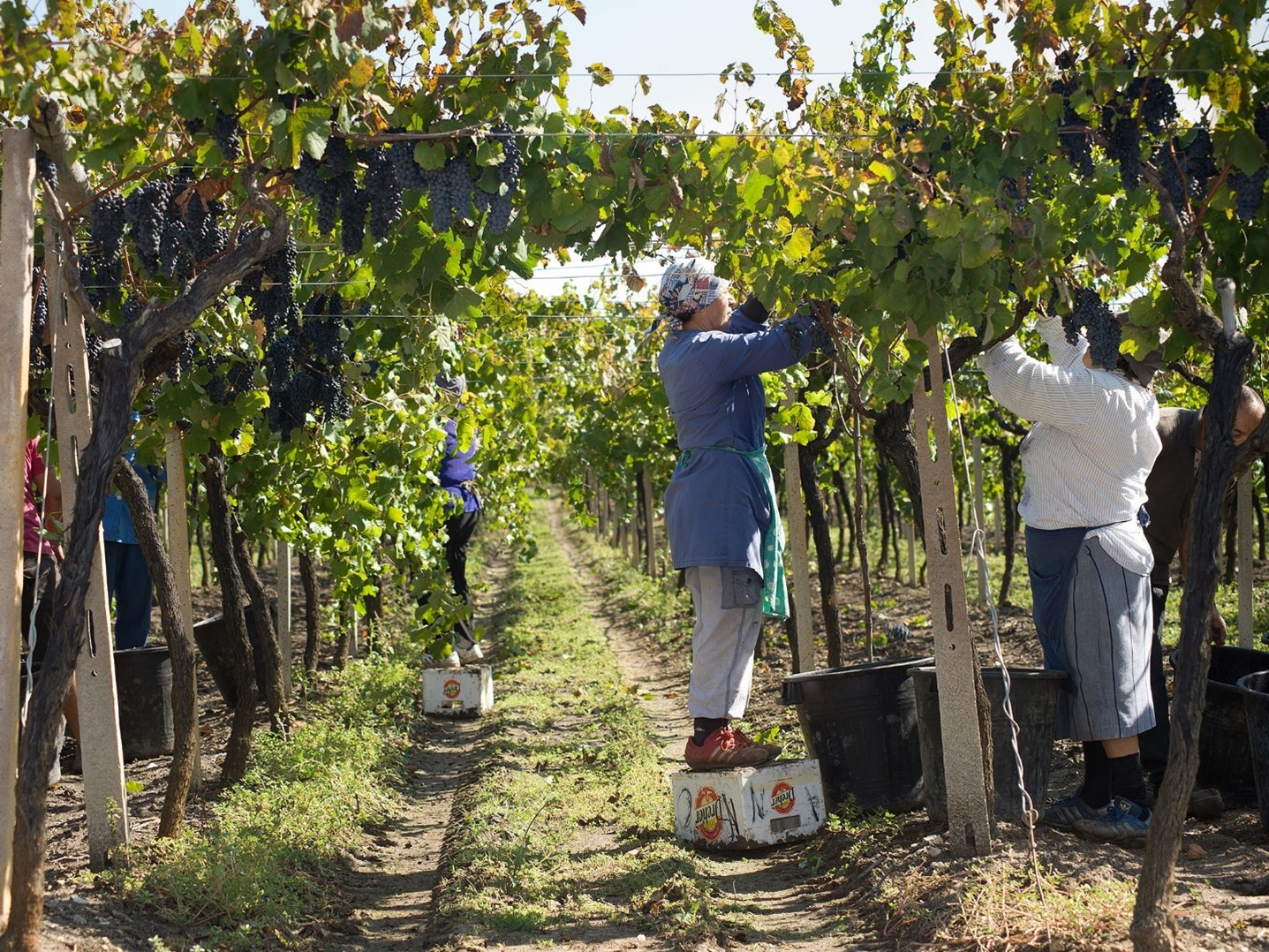Migrant workers exploited, abused in Italy’s prized fine wine vineyards
Post By Diaspoint | March 19, 2024

Undocumented workers, who earn barely more than $50 a day in Italy’s lush north, say they have suffered racism and inhumane conditions
Names marked with an asterisk have been changed to protect identities.
Piedmont, Italy – One of the first words that Sajo* learned in the Langhe, Italy’s northeastern wine country, was “Anduma!”
In Piedmontese, the language spoken in the Piedmont region, it means “Let’s go!”
Sajo, a 36-year-old from The Gambia, used to hear it constantly while working 12-hour shifts in the vineyards, rain or shine, weekends included, for 3 euros ($3.27) to 4 euros ($4.36) an hour.
He had no contract and no legal status.
“Anduma!” his supervisors – local wine entrepreneurs and employees of wine production companies – yelled at him and at other African migrant workers as they picked grapes to produce Barolo and Barbaresco, two of Italy’s most expensive and most exported wines.
On average, a bottle of Barolo sells for 50 euros ($55), but prices for the highest quality can range from 200 euros ($220) to an eye-watering 1,000 euros ($1,090).
Called the new Tuscany, the Langhe – a UNESCO heritage site since 2014 – has been featured in the lifestyle pages of international newspapers and magazines, from The Wall Street Journal to The New York Times. The vineyard-covered hills of the Langhe are described as a dreamlike destination where “wine tastes like violets”.
One hectare (2.5 acres) of land can cost up to 1.5 million euros ($1.63m)
But for many living and working here, the reality is far from idyllic.
Since April, local authorities have uncovered more than 30 cases of “caporalato” in the Langhe vineyards, a form of exploitation in which migrant workers are recruited by intermediaries – often other migrants – and forced to work in inhumane conditions for Italian companies.
Union workers and activists believe this is just the tip of the iceberg.
Confagricoltura Cuneo, or the General Confederation on Italian Agriculture, estimated there are 2,500 viticulture companies that hire seasonal workers with various contracts. More than half of them are migrant workers, the group said.
Read More from original source
